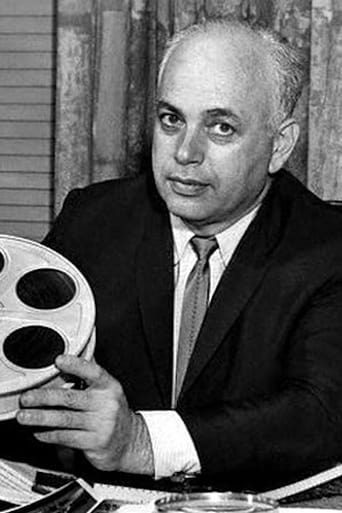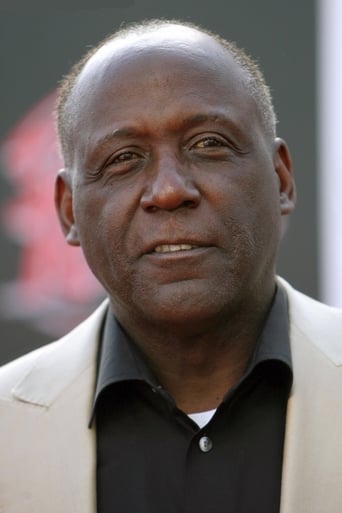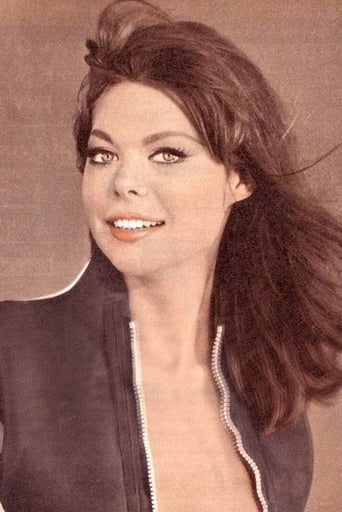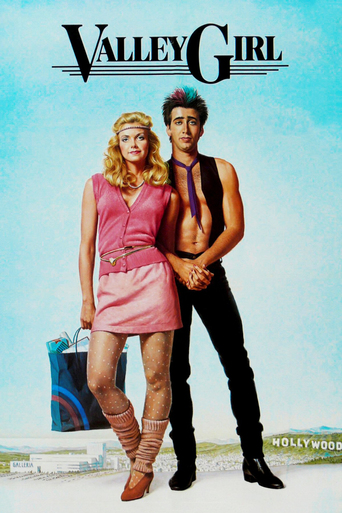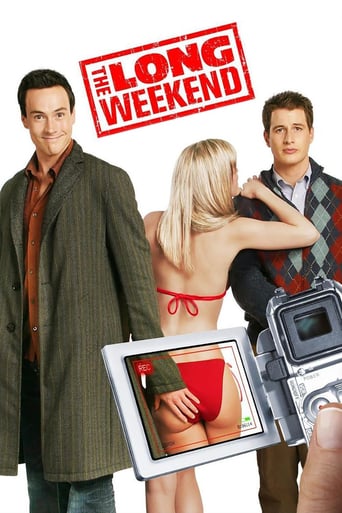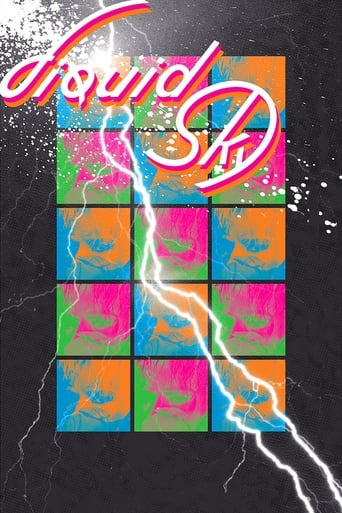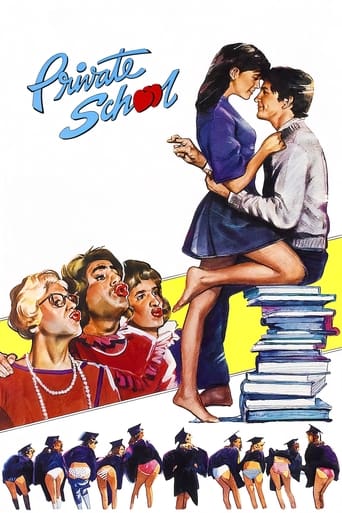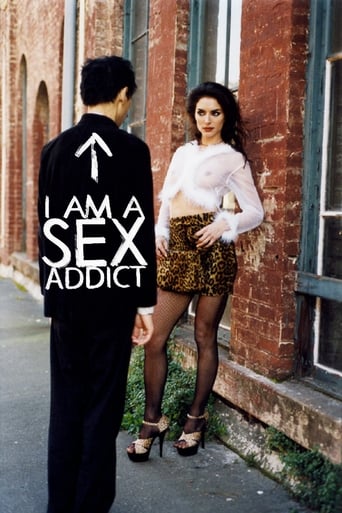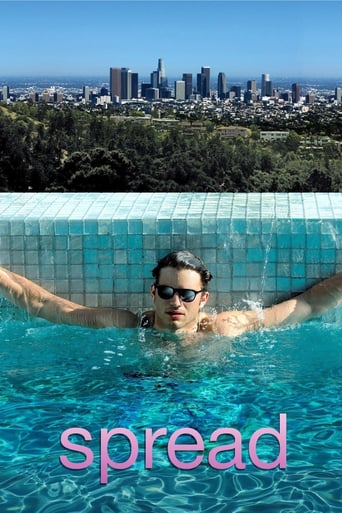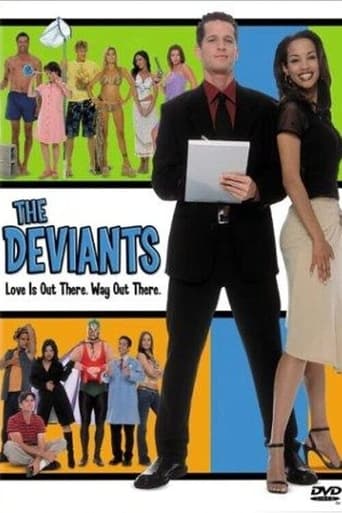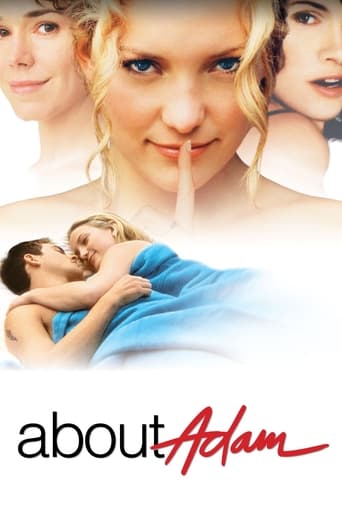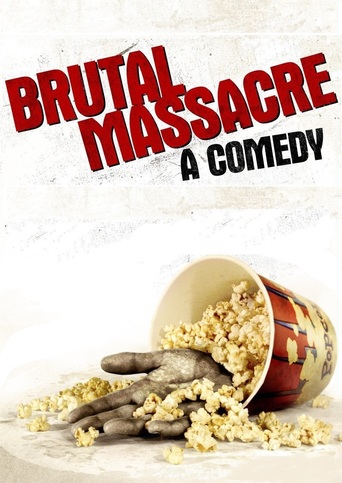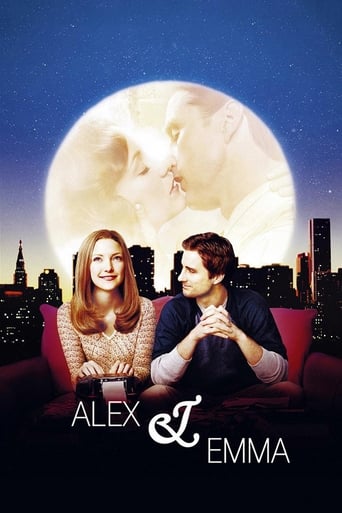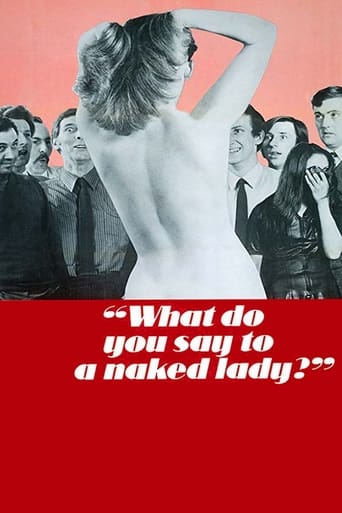
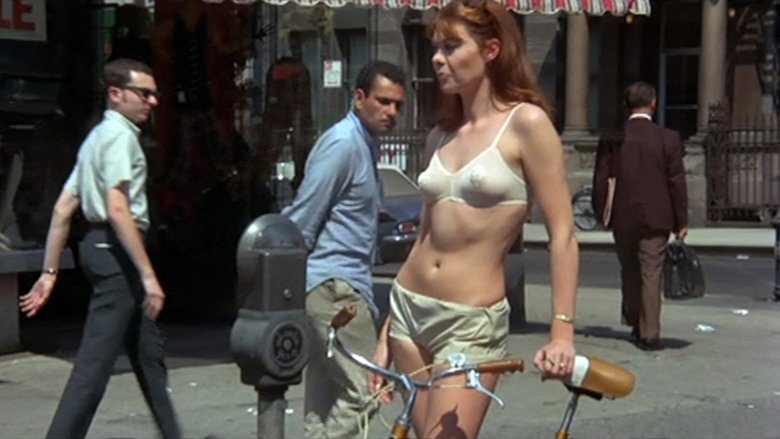
What Do You Say to a Naked Lady (1970)
Candid Camera's Allen Funt secretely tapes people's reactions to unexpected encounters with nudity in unusual situations, such as when a naked young woman casually exits an elevator in an office building, or when the nude male art model breaks the wall between artist and model and has off-the-cuff conversations with the clothed women artists. Funt also secretly tapes the test audience watching the preview film and their responses to it, from outright indignation to warm hearted-praise.
Watch Trailer
Cast


Similar titles
Reviews
Originally X rated version of Allen Funt's Candid Camera TV show. This involves people running into naked women (and men) in the most ordinary situations. One involves a totally nude woman trying to get help with her car that broke down. Another has a nude woman in an office building casually waiting for the elevator. Another has a nude statue of a man that starts talking to a secretary at work.At first this was funny but it gets tiresome. It's basically different variations of the same joke done over and over again. The reactions are hilarious however, the movie has a very light-hearted tone and all the nude people (men and women) are attractive. This was cut down in 1982 to get an R rating and that's the version I saw...but it was long enough. My favorite reactions: a guy looking at a nude woman up and down while waiting for an elevator casually says to her, "Nice outfit"; a secretary while on the phone tells a nude talking male statute near her desk to be quiet! So it is fun but it's just the same thing over and over. I'd love to see the complete X version someday.
"What Do You Say To A Naked Lady?" is a fascinating look at the sexual-social attitude changes in the United States during the transitional late 1960s. Mr. Funt, the power behind the popular entertainment programs "Candid Microphone" and "Candid Camera", may not have meant it to be, but this film brilliantly documents the generation gap between the 1950s post-WW II parents/grandparents and their 1960s flower child progeny. Dated to the extreme, it is a film of its time. (When a woman tries to sleep with a gay men, he's tells her he can't because he's 'queer'. A white grandfather type tells of his opposition to his son marrying a Mexican girl. The children, however, are wonderful and not 'too dark'.) If you are interested in where we were and how far the attitudes of the typical American have changed, this documentary is a must see.
How often does one remember only a few brief scenes from a film and find on re-viewing years later that it was only those few moments that are worth remembering? NAKED LADY, one might think, being a film of individual moments, could well be such a film. Happily, this is not the case. (Only the little kids on the lawn and the extended reprise of faces and "smile" moments at the end seemed at all tacky.) The passing years have only added to the film's value, for it turns out to be a revealing portrait of changing attitudes to sex in the late sixties, when people of all ages with open minds were receptive to new ways of thinking about sex. The film has an innocence and a hopefulness, a simple charm that we've all lost today for many reasons. It's Funt's film all the way, of course, and it's his masterpiece! His personality dominates the film; his voice constantly heard, challenging his subjects to say what they think and to think about what they say. The naked ladies in unusual places are there to sell the film, to provide entertainment value, but people are what endlessly fascinates Funt. He really likes people, and he loves to talk to them. The core scenes are all talking heads; the co-eds talking about guys on the dorm, the young people and their parents talking about sex, the woman who "prostitutes" for free because she likes it, his interview with a prospective model, even the "man in the street" comments about "how birds do it." It's no accident that the film is interracial, because Funt's belief is that you can't judge a person by their looks. Sometimes people are true to type, but just as often they're not. An IMDb viewer says that, based on his recollection, the current version differs from the original release. I wouldn't have remembered the changes he mentions, but my own recollection suggests an excision of a character in the greatest sequence in the film in which Funt, as a bus ticket clerk, feels people out on their feelings about an interracial couple. I recall clearly that there was a young, long-haired hippie type who was very outspoken against the couple, who was contrasted with the older man who says, "what's the difference, it's a big world," and prefers love to war profiteering. I did misremember that great line of the passing English bicycler at the beginning which I recalled as, "What you got there, Charlie?" when it's actually, "Charlie, how'd you get caught with that one?" But I can't see how I made up the young long-haired hippie; I'm certain he was there in the original release. The comments of the older man whose son married a Mexican girl, his difficulty in accepting the marriage so touchingly mixed with his pride in his grandchildren, again brought a lump to my throat. Moments like this must have been what Funt lived for. In his earlier days, going way back to "Candid Microphone" before TV, the emphasis was always on human interaction. (I remember, for example, a theatrical short where Funt, as a travel agent, insisted, with total courtesy and friendliness, on selling a customer a fancy vacation when they wanted something plain and simple.) The TV show had moved away from that to sight gags like cars splitting in half. This film was Funt's attempt to return to his roots. It's a very serious film by a very serious filmmaker, Funt challenging his audience to examine their own feelings and beliefs, and gently urging tolerance for the infinite variety of mankind. It's a far better, more enduring film, in fact, than some of the documentary "classics" (GREY GARDENS, for example) that were made in the same era.
I grew up with Allen Funt shows and this movie only proves how much laughter Allen Funt has brought to people and it has never been to make anyone feel anything but glad to be included in his wonderful work.I think the cast was perfect and a remake would be great for younger people at this time. It was done with excellent taste as always by him. He has always shown great respect for all people. I would recommend it to anyone who enjoys to laugh.


